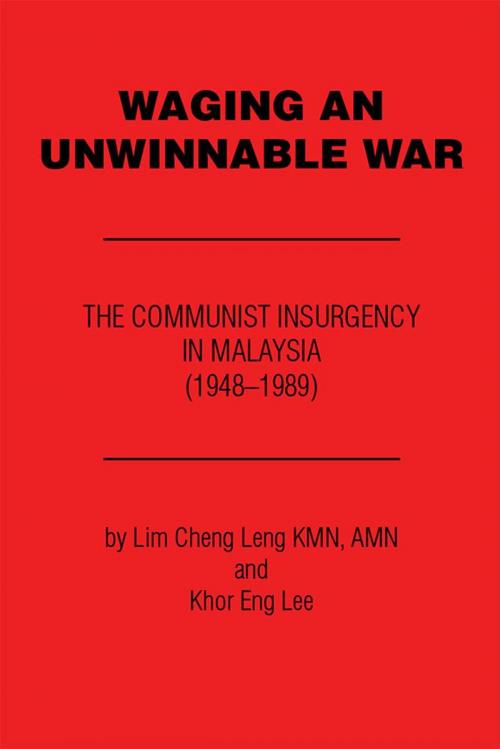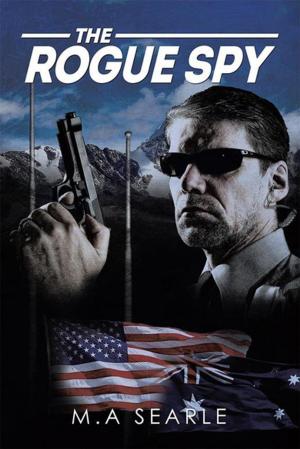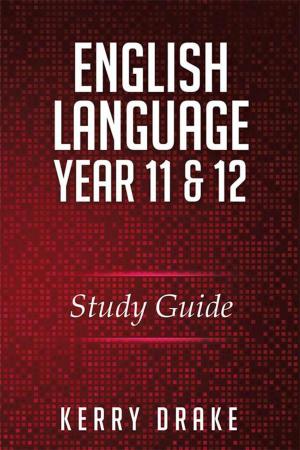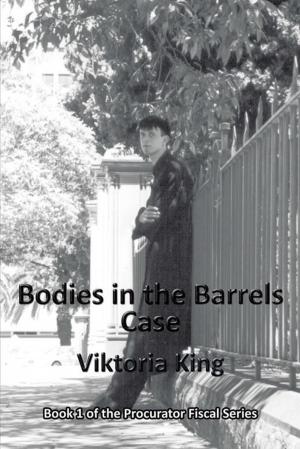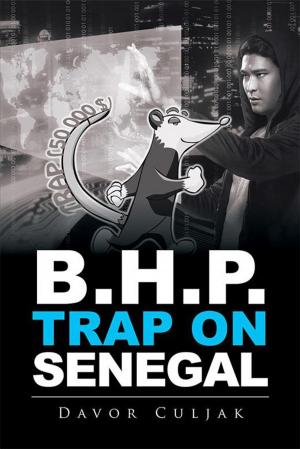Waging an Unwinnable War
The Communist Insurgency in Malaysia (1948–1989)
Nonfiction, History, World History, Military| Author: | Lim Cheng Leng, Khor Eng Lee | ISBN: | 9781524518639 |
| Publisher: | Xlibris AU | Publication: | October 25, 2016 |
| Imprint: | Xlibris AU | Language: | English |
| Author: | Lim Cheng Leng, Khor Eng Lee |
| ISBN: | 9781524518639 |
| Publisher: | Xlibris AU |
| Publication: | October 25, 2016 |
| Imprint: | Xlibris AU |
| Language: | English |
Chairman Mao Tse-tung declared: "Every Communist must grasp the truth, 'Political power grows out of the barrel of a gun'..." Mao's dictum provided the guiding principle for the protracted armed struggle of the Communist Party of Malaya/Malaysia over a 40-year period, from the start of its guerrilla war in mid-1948 to the signing of the peace agreement to conclude the futile conflict in early December 1989. Although the CPM saw its contention for power as one continuous and non-stop campaign, the Government side recorded the Communist insurgency as Emergency I (1948-60), punctuated by a somewhat indetermnate interval, and then followed by "undeclared" Emergency II (1968-80). Emergency I ended in abject failure for the Communists. For the winning side, the unprecedented success in counter-insurgency wasthen described as "the only true complete victory over communist insurgency won by a former colonial power (Britain) and a newly emergent nation (Malaya) since 1945 (after World War II). While the first-round insurrection was reportedly initiated by a directive from Moscow, the second round was planned and directed as well as financed in Peking. Following Mao's demse in September 1976, the new paramount ruler in China Deng Xiaoping consigned the banner of revolution to history. It spelled the end of the Commuunist Revolution in Malaya/Malaysia. Rather than a narrative, this book offers an analytical study of the unwinnable war waged by Malayan/Malaysian disciples of the great revolutionary genius and grandmaster Mao Tse-tung.
Chairman Mao Tse-tung declared: "Every Communist must grasp the truth, 'Political power grows out of the barrel of a gun'..." Mao's dictum provided the guiding principle for the protracted armed struggle of the Communist Party of Malaya/Malaysia over a 40-year period, from the start of its guerrilla war in mid-1948 to the signing of the peace agreement to conclude the futile conflict in early December 1989. Although the CPM saw its contention for power as one continuous and non-stop campaign, the Government side recorded the Communist insurgency as Emergency I (1948-60), punctuated by a somewhat indetermnate interval, and then followed by "undeclared" Emergency II (1968-80). Emergency I ended in abject failure for the Communists. For the winning side, the unprecedented success in counter-insurgency wasthen described as "the only true complete victory over communist insurgency won by a former colonial power (Britain) and a newly emergent nation (Malaya) since 1945 (after World War II). While the first-round insurrection was reportedly initiated by a directive from Moscow, the second round was planned and directed as well as financed in Peking. Following Mao's demse in September 1976, the new paramount ruler in China Deng Xiaoping consigned the banner of revolution to history. It spelled the end of the Commuunist Revolution in Malaya/Malaysia. Rather than a narrative, this book offers an analytical study of the unwinnable war waged by Malayan/Malaysian disciples of the great revolutionary genius and grandmaster Mao Tse-tung.
